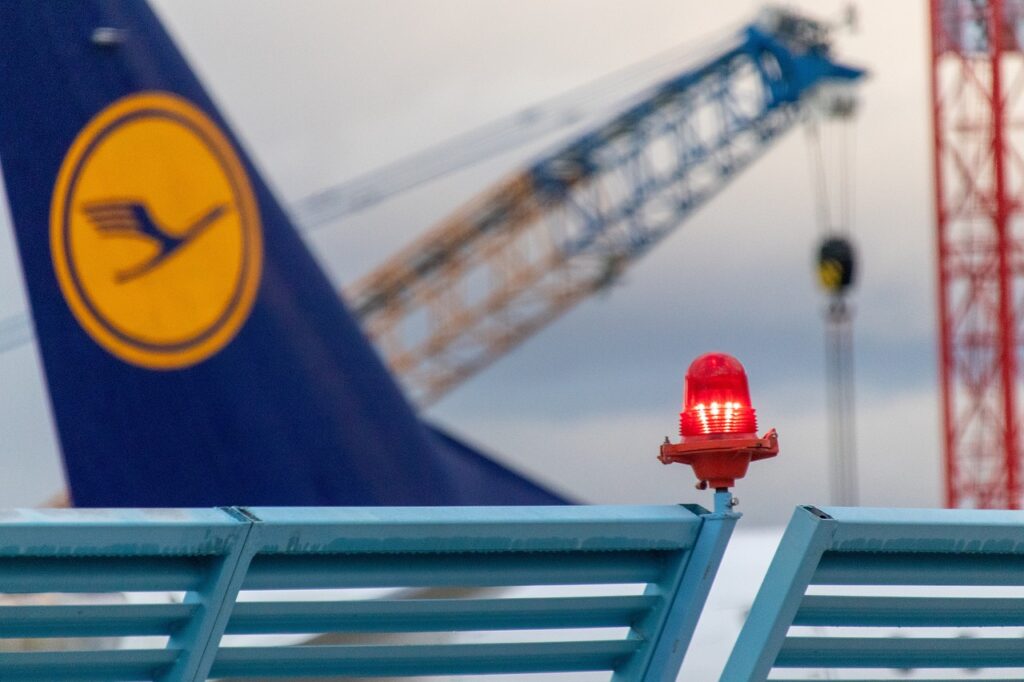A Lufthansa flight faced a critical situation on February 17, 2024, when the copilot collapsed while alone in the cockpit. The Airbus A321 was flying from Frankfurt, Germany, to Seville, Spain, carrying 199 passengers and six crew members. During the flight, the captain left the cockpit briefly to use the restroom. In that short time, the copilot suddenly lost consciousness.
Thanks to the autopilot, the plane stayed steady, but investigators found that the copilot moved the controls unintentionally while incapacitated. Air traffic controllers tried to reach the copilot by radio three times but got no response.
When the captain returned, he attempted five times to enter the cockpit with the standard access code, which triggers a chime inside. Since there was no reply, the captain used an emergency code to unlock the door and take control of the aircraft.
A doctor on board and the crew helped the copilot regain consciousness. The captain decided to divert the flight to Madrid’s Adolfo Suárez Madrid-Barajas Airport. The plane landed safely about 20 minutes after the captain regained control. Medical staff then took the copilot to a hospital where he stayed for several hours.
Investigators discovered that the copilot’s sudden collapse was due to a previously unknown neurological condition. This illness had not been detected in past health checks, and aviation authorities suspended the copilot’s medical certification.
The Spanish aviation agency called this a rare incident but noted that pilots are trained to manage such emergencies. Although pilot incapacitation is uncommon, it does happen. Records show 287 such cases in Europe from 2019 to 2024 and 39 cases in the United States between 1993 and 1998.
This event highlights the role of autopilot systems and emergency protocols in maintaining flight safety. Lufthansa has reviewed the incident and conducted its own internal investigation but has not released detailed results.


